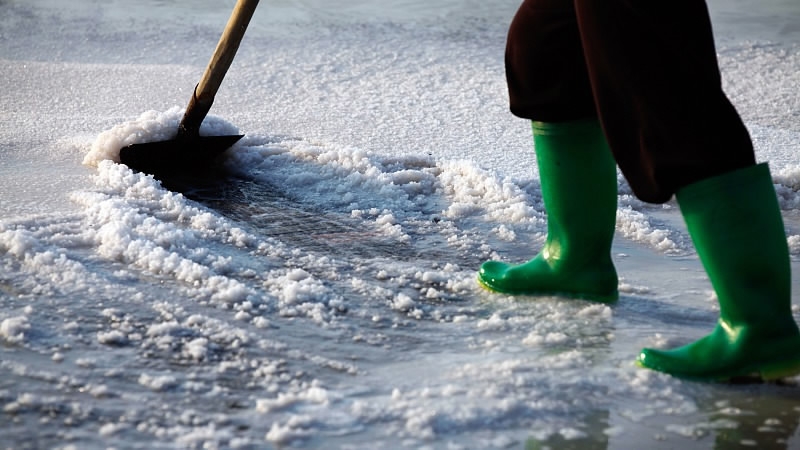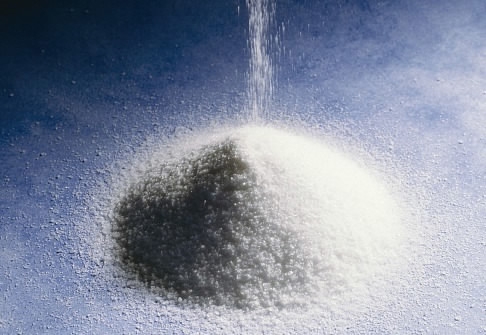
Tech & Sci
19:48, 10-Feb-2018
Researchers find efficient way to filter salt, metal ions from water

An international team of scientists from Australia, America and China have discovered a new material that can filter salt and metal ions from water, opening the door to effective seawater desalination and metal recovery.
In a study published on Friday in the journal Science Advances, researchers found that the metal-organic frameworks, a material that have the largest internal surface area, can mimic the filtering function of organic cell membranes.
These membranes have potential to remove salts from seawater and separate metal ions in an efficient and cost-effective manner.

Scientists have discovered a new material that can efficiently filter salt and metal ions from water. /VCG Photo
Scientists have discovered a new material that can efficiently filter salt and metal ions from water. /VCG Photo
Unlike the popular reverse osmosis membranes in world's desalination capacity, which have room for improvement by two to three times in energy consumption, the material operates on principles inspired by highly effective biological cell membranes, thus potentially making it more effective.
Monash University's Professor Wang Huanting, co-author of the paper, said, "We can use our findings to address the challenges of water desalination. Instead of relying on the current costly and energy intensive processes, this research opens up the potential for removing salt ions from water in a far more energy efficient and environmentally sustainable way."
Researchers also said it can help recover valuable metals from water like lithium. Lithium-ion batteries, the most popular power source for mobile electronic devices, consumes lithium at rapid rates, leading to demand to recover lithium from salt water and water process streams.

The new material can also help recover valuable metals from water like lithium. /VCG Photo
The new material can also help recover valuable metals from water like lithium. /VCG Photo
"We'll continue researching how the lithium ion selectivity of these membranes can be further applied. Lithium ions are abundant in seawater, so this has implications for the mining industry who currently use inefficient chemical treatments to extract lithium from rocks and brine," Wang said.
Source(s): Xinhua News Agency

SITEMAP
Copyright © 2018 CGTN. Beijing ICP prepared NO.16065310-3
Copyright © 2018 CGTN. Beijing ICP prepared NO.16065310-3